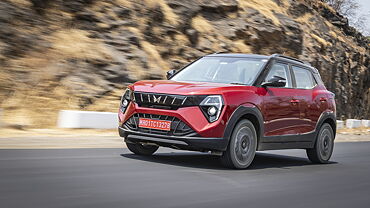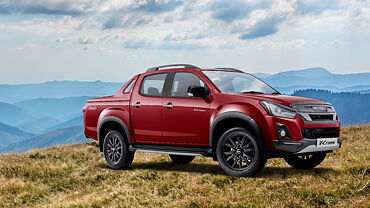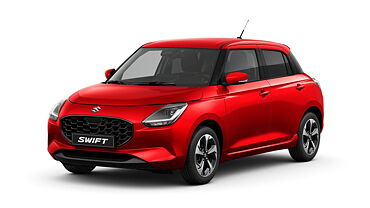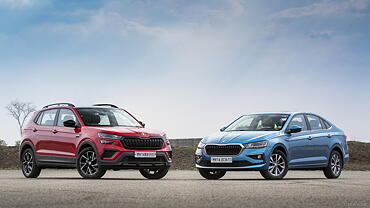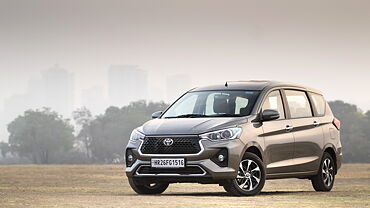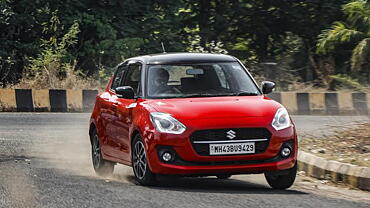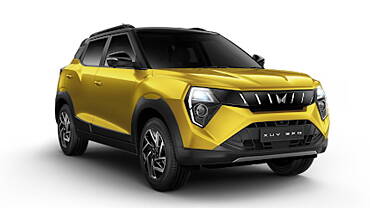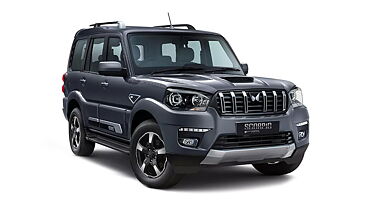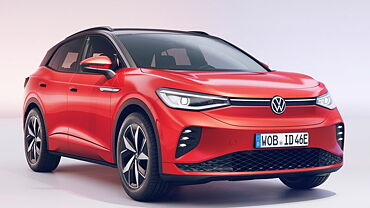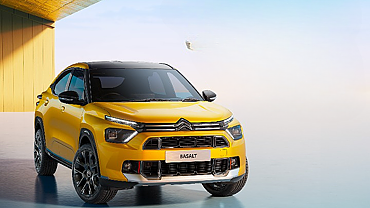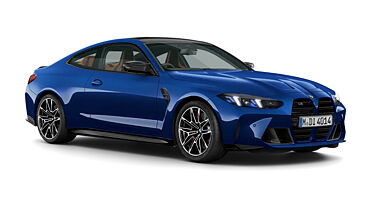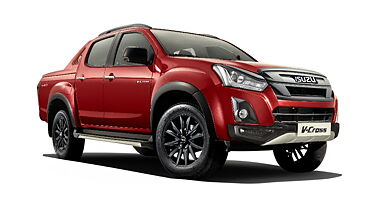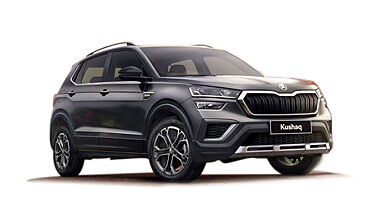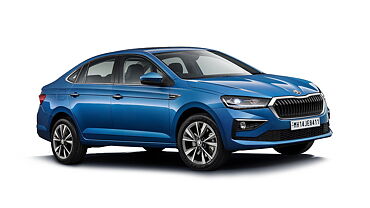As the untamed menace of inflation gives sleepless nights to the government, the soaring prices of petrol and diesel have added salt to the injuries. The cost of petrol has gone up by almost 53% in the last 2 years, owing to the revisions that take place every 2 months. Albeit diesel prices have shown some mercy, rising by 25% during the same period, the common man is ought to face the heat. Moreover, there seems to be no silver lining in the pipeline as of now, and therefore alternatives become the need of the hour.
One option that can be considered as a pacifier, in such a frantic situation, is the electric vehicle that possesses the ability to replace the unfavourable sources of energy. As a matter of fact, the West has been offered with a number of electric cars, ranging from Renault Fluence to Nissan Leaf and Chevy Volt.
As far as India is concerned, the need, to go electric, has surfaced due to the expensive fuels that are burning a big whole in people's pockets.
Price
On an average a Renault Fluence ZE, the electric version of the French car maker’s sedan, costs around Rs. 13 lacs, after a 5000 euro subsidy from the governments. Hence, the car proves to be a much aggressively priced product than the diesel powered Fluence. The Nissan Leaf, which is a smaller car, approximately as big as the Hyundai i30, also carries a somewhat similar price tag.
However, in India, there are no incentives on offer, but as a part of the government's initiative, the import duties have been removed. On the whole, the move does not seem to bring about much encouragement for car makers. The Fluence ZE or Nissan Leaf would be available with a price tag of around Rs. 17 lacs. Therefore, it can be seen as a reasonable proposition considering that the cost of running the car, at around Rs. 0.5 per km, is almost a tenth of that of a petrol car.
Range
Majority of electric cars are powered by lithium ion batteries, with an average range of 180 km on a full charge. This kind of range offered by electric cars can be considered apt for city driving. Moreover, the cars are absolutely silent and being offered only on automatic transmission, the drive becomes hassle-free and the linear power distribution is more than satisfactory.
Cost of battery
The biggest factor that overshadows the other cars is that over and above the initial cost of the car, the battery is leased to the consumer and there is a monthly charge that one has to pay for it. The cost ranges between Rs. 4500 and Rs. 6500. Depending on the usage of the car, the battery may be replaced by the company at the end of 3 years and can even be swapped for another set for no additional cost.
Infrastructure
In India, Reva proved to be a flop because of the absence of a certain number of electric charging stations in the country. These stations have dedicated charging ports where a car may opt for fast charge for a nominal fee. Setting up these charging stations is an expensive venture, with one station costing over Rs. 5 crore.
Thus, the electric vehicles are irrefutably the future of the automobile world; however a few prerequisites must be dealt with on priority.



